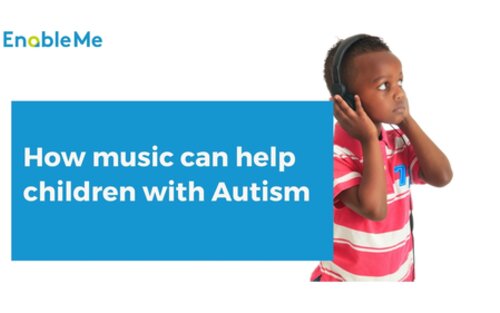Autism is a neurodevelopmental disorder that affects a person's social skills and communication skills. Persons with Autism have difficulties in social interaction, non-verbal communication, and imaginative play on varying levels. It also has to do with how the individual learns and thinks about things.
According to the Autism Society of Kenya approximately 4% of the Kenyan population is affected by Autism. Some believe it is far rarer in Africa than in the West because children with ASD in Africa are more likely to be hidden, hospitalized or institutionalized, and in extreme situations killed. Most Autism diagnosis comes late because of lack of awareness and resources.
Only recently has Autism Spectrum Disorder become recognized in Kenya. Before this, children on the spectrum were beaten, hidden away, or killed because it was believed that they were possessed by demons. It is true that most of the behaviours of children with autism are quite eccentric and misunderstood but they are rarely violent or evil. Luckily, over the past few years, autism awareness has slowly spread throughout the country. Global Statistics show that 1 in 88 children will be diagnosed with autism and more children will be diagnosed as autistic than with cancer, aids, and diabetes combined.
Against this backdrop, let’s talk about what can be done to help with behavioural development for children with autism. There are many coping therapies that can help children with autism get better with social interaction. One of which is Music.
Autistic children can achieve great things through music.
Music therapy is a possible treatment for autism. It provides:
- Social skill development
- Communication/language development
- Sensory processing and integration skills
- Motor skills such as coordination, balance, and gross motor skills such as walking and running
- Fine motor skills such as writing, drawing, cutting with scissors, etc.
- Emotional expression
Two main methods used by therapists to engage autistic individuals with music are improvisation and repetition. Improvisation allows the person to be more expressive with their own personality while repetition allows the individual to feel a sense of control over the environment around them. The method used really depends on the individual needs of each child.

